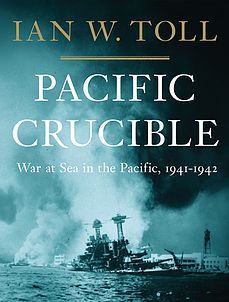Musings & Thoughts for September 18, 2020

Photo Credit: National Archives via US Navy Hi there, Dear Reader. Well, today is Friday, September 18, 2020, and right now it is late afternoon in my corner of Florida. According to my phone’s AccuWeather app, it’s hot – Africa hot, as Eugene Jerome liked to say in Neil Simon’s Biloxi Blues. It’s mostly cloudy and the current temperature is 89 ˚ F, but with 62% humidity and a westerly breeze of 6 MPH, the feels-like temperatures are 95 ˚ F in the shade and 98 ˚ F in the open. Not as bad as yesterday, but it’s still summery rather than getting close to autumn. That’s what living in the subtropics entails, really; we are spared from the bone-chilling ice and snow of northern climes, but by the same token we need to live in houses and apartments with functioning air conditioners and endure the six months-long hurricane seasons. Photo illustration courtesy of Pixabay Today was a productive day, at least on the writing-blog-posts front. I actually wrote two posts in A Certain Point...


